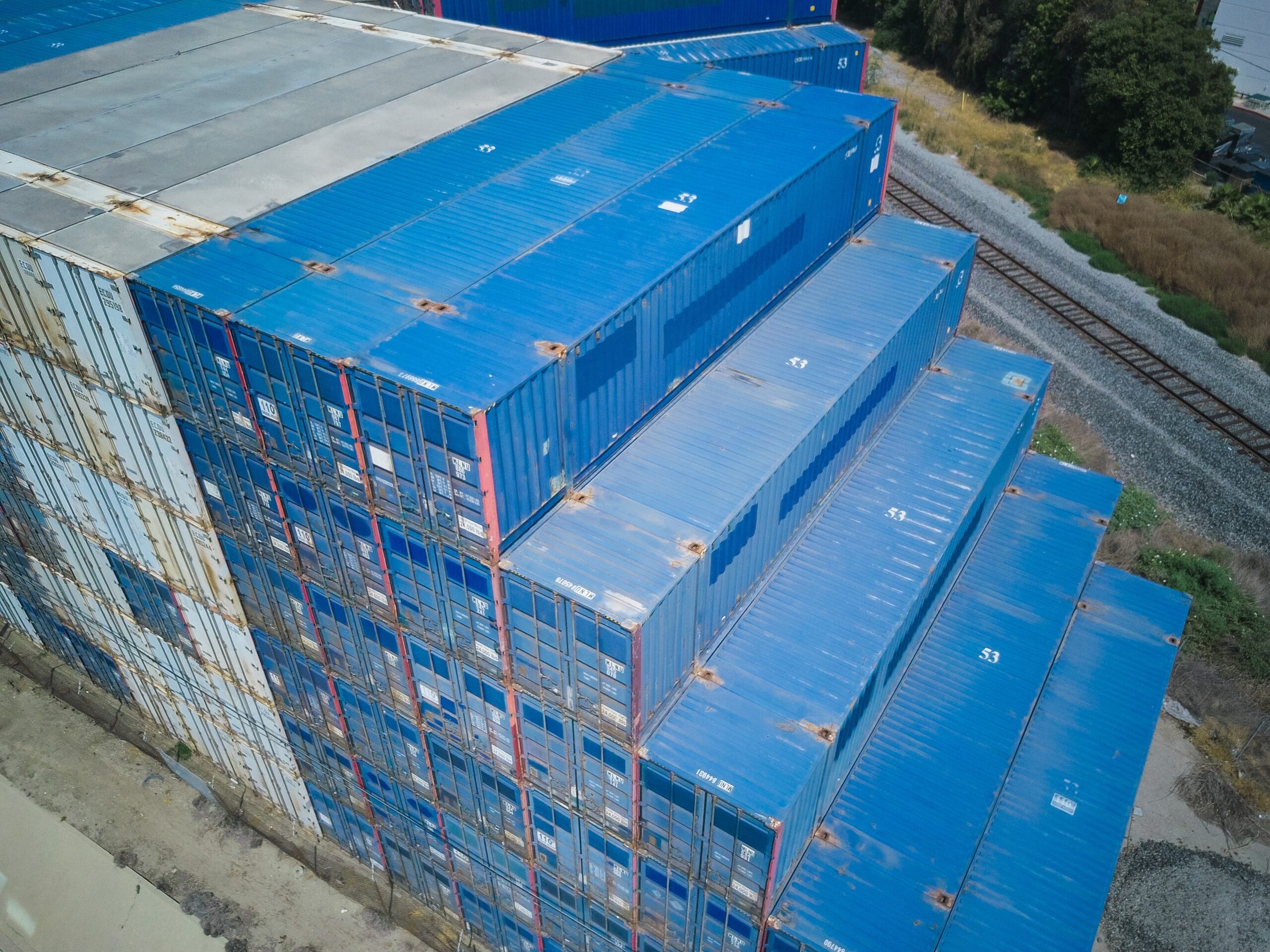28 Feb

IFTA (International Fuel Tax Agreement) reporting is a necessary requirement for trucking companies that operate across multiple states or provinces. IFTA reporting involves tracking fuel usage and mileage for each jurisdiction and submitting quarterly fuel tax reports. However, tracking IFTA can be a complicated and time-consuming process that can cause challenges for trucking companies. Here are some of the challenges of tracking IFTA and how trucking software can help:
- Manual data entry: One of the most significant challenges of IFTA reporting is the need for manual data entry. Trucking companies must record fuel usage and mileage for each jurisdiction, which can be a time-consuming task. Inaccurate data entry can lead to incorrect fuel tax calculations, which can result in penalties and fines. Trucking software can help automate the data entry process and reduce the risk of errors.
- Tracking multiple fuel cards: Many trucking companies use fuel cards to purchase fuel, and tracking fuel card usage for each jurisdiction can be challenging. Fuel card usage data needs to be matched with mileage data to calculate the fuel tax owed for each jurisdiction. Trucking software can help streamline the process by automatically tracking fuel card usage and matching it with mileage data.
- Keeping track of jurisdiction-specific rules: Each jurisdiction has its own fuel tax reporting rules and regulations, which can be confusing and difficult to keep track of. Trucking software can help by automatically updating its database with jurisdiction-specific rules, ensuring accurate fuel tax calculations.
- Lack of visibility: Without the right tools, trucking companies may not have visibility into their fuel usage and mileage data, which can make tracking IFTA even more challenging. Trucking software provides real-time visibility into fuel usage and mileage data, making it easier to track IFTA.
IFTA Reporting can be a challenging task for trucking companies. However, with the help of trucking software, the process can be streamlined and simplified, allowing trucking companies to focus on their core business operations.







